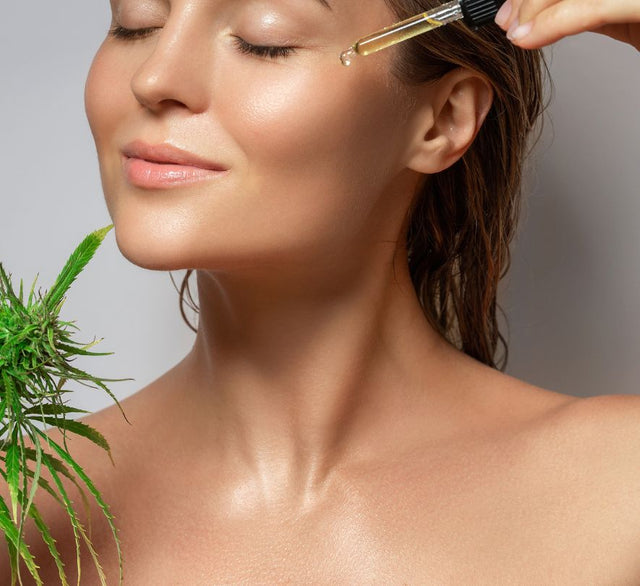Microbiome is Key to Skin Health. Here’s Why.
In the landscape of skin health, the microbiome has a profound influence on overall wellbeing and vitality. Comprised of diverse communities of bacteria, fungi, and other microorganisms, the skin’s microbiome is as a dynamic ecosystem that plays a pivotal role in maintaining balance and resilience, promoting skin health, and combating various dermatological conditions.
Key Functions of the Skin Microbiome
Protection Against Pathogens
The skin microbiome serves as a line of defence against harmful pathogens, acting as a barrier that prevents the invasion and colonisation of disease-causing microorganisms. By occupying ecological niches and competing for resources, beneficial bacteria and fungi outcompete potential pathogens, reducing the risk of infections and inflammatory skin conditions.
Regulation of Immune Response
The skin microbiome plays a crucial role in modulating the immune response. Beneficial microorganisms communicate with immune cells, such as dendritic cells and T cells, helping to educate the immune system and promote tolerance to harmless antigens while mounting a robust defence against pathogens. Dysbiosis, or imbalance of the skin microbiome, can disrupt this delicate equilibrium, leading to inflammatory skin disorders and allergic reactions.
Maintenance of Skin Barrier Function
The skin microbiome contributes to the maintenance of the skin's barrier function, which is essential for preventing water loss, regulating hydration, and protecting against environmental stressors. Beneficial microorganisms produce antimicrobial peptides, fatty acids, and other metabolites that fortify the skin barrier, promoting resilience and integrity. Disruption of the skin microbiome can compromise the barrier function, leading to increased permeability and susceptibility to external irritants and allergens.
Modulation of Skin pH
The skin microbiome influences the pH balance of the skin, creating an acidic environment that is inhospitable to pathogens. Beneficial bacteria produce lactic acid and other organic acids, lowering the pH of the skin and inhibiting the growth of harmful microorganisms. Maintaining an optimal pH balance is essential for supporting the skin's natural defences and preserving its health and vitality.
Synthesis of Essential Nutrients
Beneficial microorganisms within the skin microbiome contribute to the synthesis of essential nutrients, such as vitamins and amino acids, that are vital for skin health and function. By metabolising precursors and breaking down complex molecules, these microorganisms provide a steady supply of nutrients to the skin cells, promoting growth, repair, and regeneration.
The Wrap Up
The skin microbiome plays a pivotal role in maintaining skin health and vitality, exerting influence over various aspects of skin physiology, immunity, and barrier function. By nurturing a diverse and balanced microbiome through proper skincare practices, diet, and lifestyle choices, individuals can support their skin's natural defences and promote resilience against dermatological conditions. Understanding the intricate interplay between the skin microbiome and skin health is essential for developing effective skincare strategies and advancing our knowledge of dermatology and microbiology.
With our seed-to-skin approach and commitment to certified organics and minimal intervention, WØRKS formulations are made to support skin health and maintain the skin’s microbiome. Discover our range.


0 Comments
There are no comments for this article. Be the first one to leave a message!